Faculty Members
Here are the faculty members in the Department of Mathematics at Knox College. All email addresses end with “@knox.edu”.
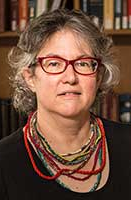
Mary V. Armon
Associate Professor of Mathematics
Chair of Department
E-mail: marmon
Office: SMC E-204
Campus Box K-1
Extension: x7324
Areas of study:
Number theory, analysis
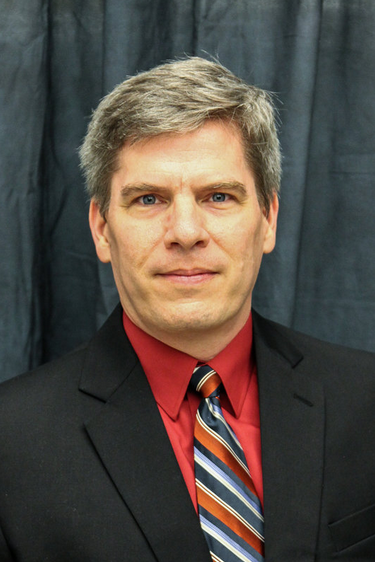
Ole J. Forsberg
Associate Professor of Mathematics-Statistics
Chair of Statistics Program
E-mail: ojforsberg
Office: SMC E-212
Campus Box K-6
Extension: x7894
Areas of study:
Probability and statistics, statistical modeling, electoral forensics, Bayesian analysis
Professor Forsberg spends his time modeling elections. This includes both examining public opinion polls and testing elections for evidence of unfairness that cannot be deected with the usual in-person election monitoring. This interest has led to analyses of elections from Japan to Sri Lanka to Côte d'Ivoire.
As a result of this interest, he also models elections using statistical techniques. The key is to understand how politicians are elected. This informs the appropriate statistical model to use.
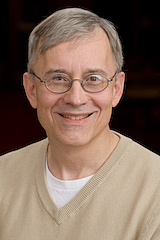
Kevin Hastings
Rothwell Stephens Professor of Mathematics
Chair of Data Science Program
E-mail: khasting
Office: SMC E-213
Campus Box K-55
Extension: x7438
Areas of study:
Financial Mathematics, probability and statistics, operations research
Professor Hastings focuses on applications to real world problems that are affected by random inputs or disturbances. If you think about it, very little in this world can be predicted with complete certainty.
Here is one example of the types of problems that he has worked on with students recently: 'What went wrong with the way the banks were modeling risk of loans during the recent financial crisis? Were there particular incorrect assumptions being made that were most important in leading to the disastrous concurrent defaults in the loan portfolios the banks were holding, and how might loan policies be changed to avoid such problems?' In addition to his research interests in financial mathematics, he has recently focused on the use of technology in the teaching and learning of probability, statistics, and other applied areas of mathematics
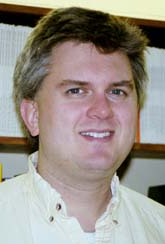
Andrew S. Leahy
Professor of Mathematics
E-mail: aleahy
Office: SMC E-211
Campus Box K-110
Extension: x7439
Areas of study:
Group representation theory, Eucidean geometry, history of mathematics
Professor Leahy’s current research centers on the historical development of mathematical ideas in calculus and modern algebra. In calculus, he has examined several mathematicians who worked in the period immediately prior to Leibnitz and Newton -- the two individuals usually credited with the discovery of calculus -- and studying their techniques for finding tangents and rectifying curves.
In algebra, Professor Leahy studies the history of 19th century invariant theory. Invariant theory all but disappeared at the beginning of the 20th century, but was crucial in the development of commutative ring theory and representation history -- two very important branches of modern algebra. Invariant theory has also been resurrected in the modern work of Mumford and Rota.
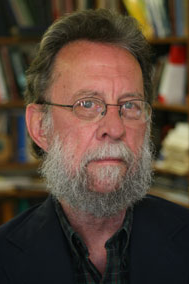
Dennis M. Schneider
Professor of Mathematics
E-mail: dschneid
Office: SMC E-219
Campus Box K-143
Extension: x7420
Areas of study:
Real and complex analysis, functional analysis, Mathematica-based teaching of calculus
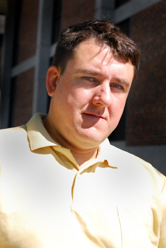
Pedro Teixeira
Associate Professor of Mathematics
E-mail: pteixeir
Office: SMC E-221
Campus Box K-114
Extension: x7749
Areas of study:
Commutative algebra, algebraic geometry